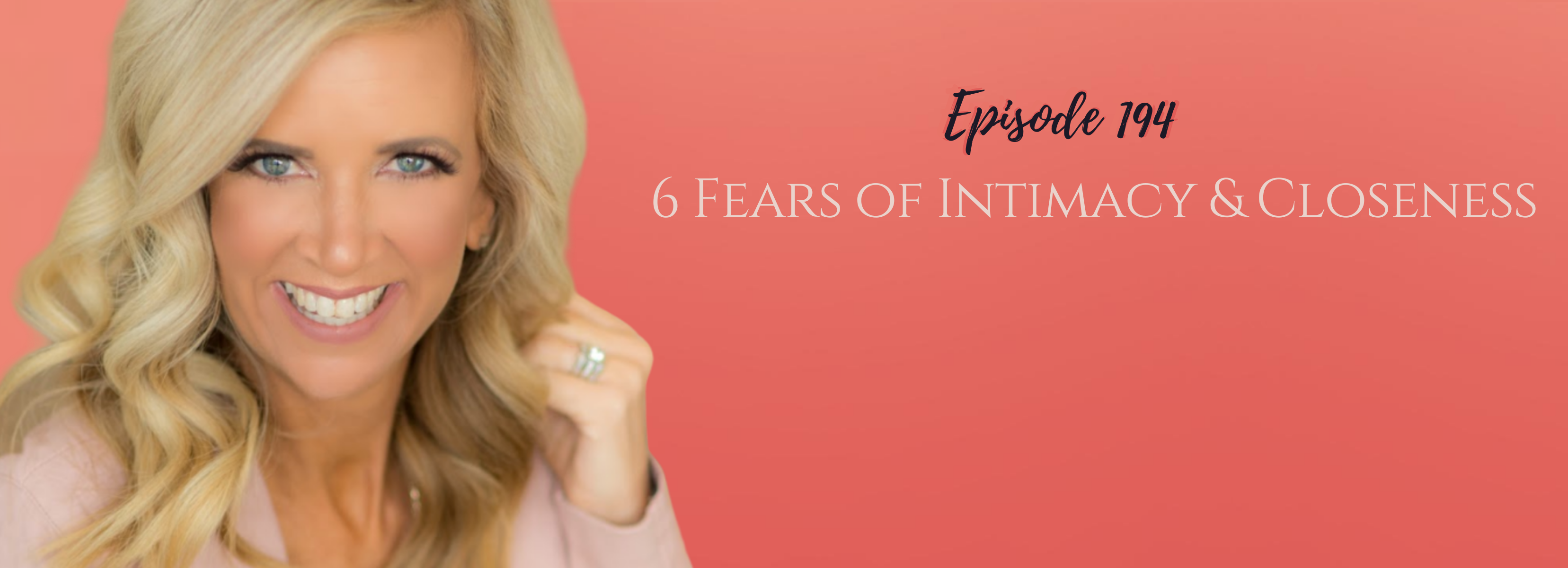
6 Fears of Intimacy & Closeness| 01.4.2023
You'll Learn
- What causes fear of intimacy and closeness
- 6 fears of intimacy and it's impact on relationships
- How vulnerability and transparency lead to intimacy
- How to cultivate intimacy with yourself and in your relationships
Resources
Transparency Transforms Your Life & Your Relationships
For counseling services near Indianapolis, IN, visit www.pathwaystohealingcounseling.com.
Subscribe and Get a free 5-day journal at www.kristendboice.com/freeresources to begin closing the chapter on what doesn’t serve you and open the door to the real you.
Subscribe to the Close the Chapter YouTube Channel
This information is being provided to you for educational and informational purposes only. It is being provided to you to educate you about ideas on stress management and as a self-help tool for your own use. It is not psychotherapy/counseling in any form.
[fusebox_transcript]